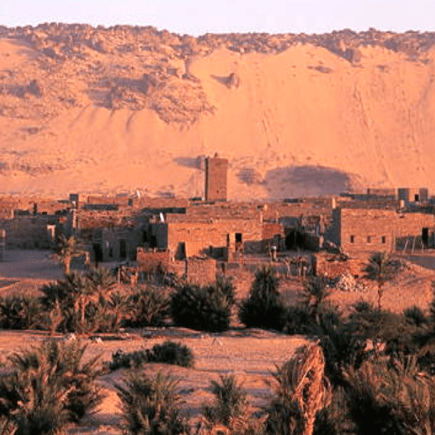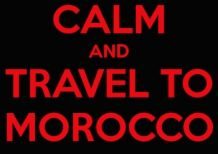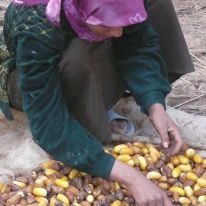
Chinguetti, located in the disputed Western Sahara territory, houses 5 holy libraries and 1,300 Quranic manuscripts. Due to the arid climate and a decline of tourism, this is all that remains out of 30 family-owned, once public libraries.
Considered the seventh most Islamic holy city, Chinguetti was previously a highly visited Mauritanian city. It was historically relevant for being a central stop along the caravan trade route (777CE) and a favorite destination of pilgrims who wanted to read books in the fields of astronomy, religion, science, and law. The decline of tourism can be traced back to the drought of the 1950s; the difficult weather conditions decreased interest in travel.
Although the local government tried to assist and “take over” the situation to save the books, library owners do not want to hand over their heritage.
UNESCO certified the Chinguetti area a World Heritage Site in 1996. Inspired by the Berber village’s desert architecture and history, it has slowly brought a renewed interest in the city.
Travelers to Morocco enjoying the Merzouga or Cherub Ebbi sand dunes can extend their desert trip by visiting Chinguetti. In order to enter, the US and European citizens need a visa. The US Embassy in Rabat can help issue a 24-hour visa. Access to Mauritania is possible via flights from Casablanca or by car across the Western Sahara border into Mauritania.





